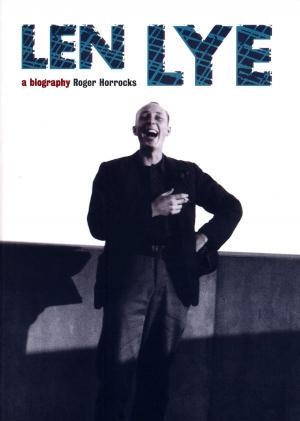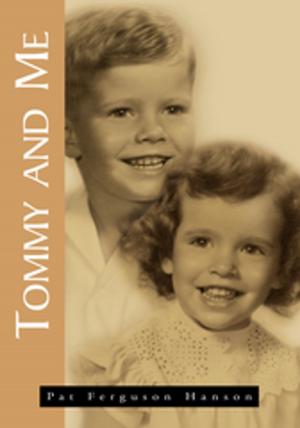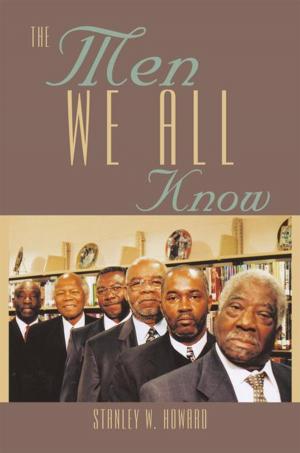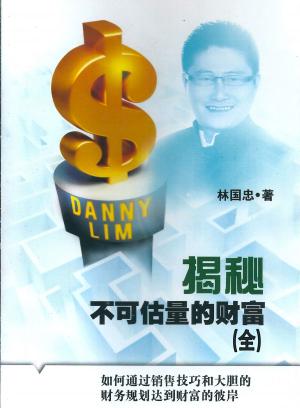| Author: | Codis Hampton II | ISBN: | 9781609849702 |
| Publisher: | C. Hampton II Agency | Publication: | November 3, 2010 |
| Imprint: | Language: | English |
| Author: | Codis Hampton II |
| ISBN: | 9781609849702 |
| Publisher: | C. Hampton II Agency |
| Publication: | November 3, 2010 |
| Imprint: | |
| Language: | English |
In the authors words...."Over the years, I have often thought of how I arrived in Korea approximately eight months after my seventeenth birthday. I distinctly remember what happened while I was there, and how those experiences affected me up through this day and age. Even at that, I wonder if my life has been so much more interesting than anybody else’s. Can I hold one’s curiosity during these times of the 15 second attention span long enough for them read this entire story?" "If they read it, will they understand the nuance between the boy and the man he is trying to be in the ultimate men’s club, the United States Army? Can I articulate well the lessons learned from unlikely sources such as the men and women whose lives crossed in a third world country during that 1962-1963 time span?" "I’ve concluded the answer is yes. I can explain the road this boy traveled from the concrete city streets of a little Midwestern city to the dirt roads and alleyways of an impoverished Korean village located on the outskirts of a U.S. Army base. I have to tell the story of his love affair with a lady whose profession was practically chosen for her out of the necessity to survive in a war torn environment. I need to put his experiences down on paper and share them with others who then can judge the players’ behavior in this story for themselves. It is imperative that the leading character’s, that is my, story is read, his actions scrutinized, and his interactions with others are understood as a result of who he was and who he would become one day." "This is a story about a young black American soldier trying to find himself amid the chaos and obstacles that life throws at him. He often looks back in his life in order to move forward. Over this tour of duty, he will look to love, organization, and purpose in establishing who he is and where he fits in the scheme of life itself." "This young black man was born of a generation that believed in a different world than their fathers, mothers, and grandparents saw as adults. These youngsters of color looked to those who sought the changes in race relations they felt America deserved. They would obediently follow as long as the destination led to making America the land of the free for all no matter the race, color, or creed. And for those who thought black people should bide their time and wait, and wait, and wait, this generation was not having any of that type of thinking. It was because he was a soldier, not in spite of, that he would gladly lay his life on the line for America. He wanted it to be for an America he envisioned, not the country that allowed terrorization of a race of people on its soil." "In the end, the young man would discover while racing from one experience to another, that one’s brain is constantly recording and storing pertinent life lessons for reference and use in the future. He would find that some things are learned by accident. And yet others by being aware and having the capability to truthfully process what is going on around him. "It is the mere fact that a lesson has been learned and ingrained in his thought process that benefited his development as a person. When you couple those experiences with his family environment as a child you have the makings of one’s self. " " If I lay my head back and close my eyes, I can still smell that aroma that can only come from a Korean village. For me, it was Unchon-ni. For countless other GIs it was another little village not far from their base in Korea. I bet they all have stories too. But for now, please enjoy my little romp through time. I think you will begin to understand why the old soldiers before and after me felt that South Korea was one of the U.S. Army’s best kept secrets".
In the authors words...."Over the years, I have often thought of how I arrived in Korea approximately eight months after my seventeenth birthday. I distinctly remember what happened while I was there, and how those experiences affected me up through this day and age. Even at that, I wonder if my life has been so much more interesting than anybody else’s. Can I hold one’s curiosity during these times of the 15 second attention span long enough for them read this entire story?" "If they read it, will they understand the nuance between the boy and the man he is trying to be in the ultimate men’s club, the United States Army? Can I articulate well the lessons learned from unlikely sources such as the men and women whose lives crossed in a third world country during that 1962-1963 time span?" "I’ve concluded the answer is yes. I can explain the road this boy traveled from the concrete city streets of a little Midwestern city to the dirt roads and alleyways of an impoverished Korean village located on the outskirts of a U.S. Army base. I have to tell the story of his love affair with a lady whose profession was practically chosen for her out of the necessity to survive in a war torn environment. I need to put his experiences down on paper and share them with others who then can judge the players’ behavior in this story for themselves. It is imperative that the leading character’s, that is my, story is read, his actions scrutinized, and his interactions with others are understood as a result of who he was and who he would become one day." "This is a story about a young black American soldier trying to find himself amid the chaos and obstacles that life throws at him. He often looks back in his life in order to move forward. Over this tour of duty, he will look to love, organization, and purpose in establishing who he is and where he fits in the scheme of life itself." "This young black man was born of a generation that believed in a different world than their fathers, mothers, and grandparents saw as adults. These youngsters of color looked to those who sought the changes in race relations they felt America deserved. They would obediently follow as long as the destination led to making America the land of the free for all no matter the race, color, or creed. And for those who thought black people should bide their time and wait, and wait, and wait, this generation was not having any of that type of thinking. It was because he was a soldier, not in spite of, that he would gladly lay his life on the line for America. He wanted it to be for an America he envisioned, not the country that allowed terrorization of a race of people on its soil." "In the end, the young man would discover while racing from one experience to another, that one’s brain is constantly recording and storing pertinent life lessons for reference and use in the future. He would find that some things are learned by accident. And yet others by being aware and having the capability to truthfully process what is going on around him. "It is the mere fact that a lesson has been learned and ingrained in his thought process that benefited his development as a person. When you couple those experiences with his family environment as a child you have the makings of one’s self. " " If I lay my head back and close my eyes, I can still smell that aroma that can only come from a Korean village. For me, it was Unchon-ni. For countless other GIs it was another little village not far from their base in Korea. I bet they all have stories too. But for now, please enjoy my little romp through time. I think you will begin to understand why the old soldiers before and after me felt that South Korea was one of the U.S. Army’s best kept secrets".















